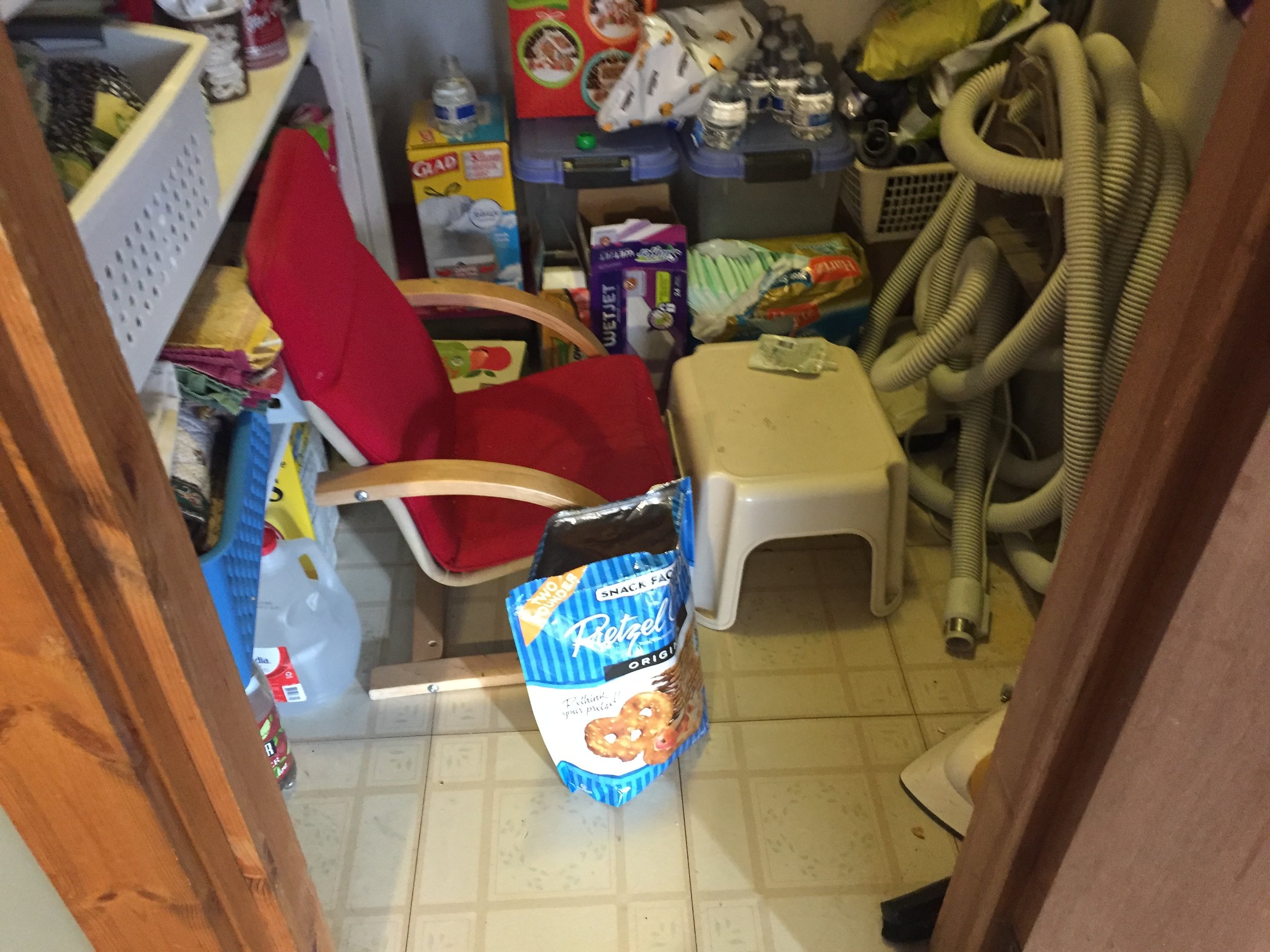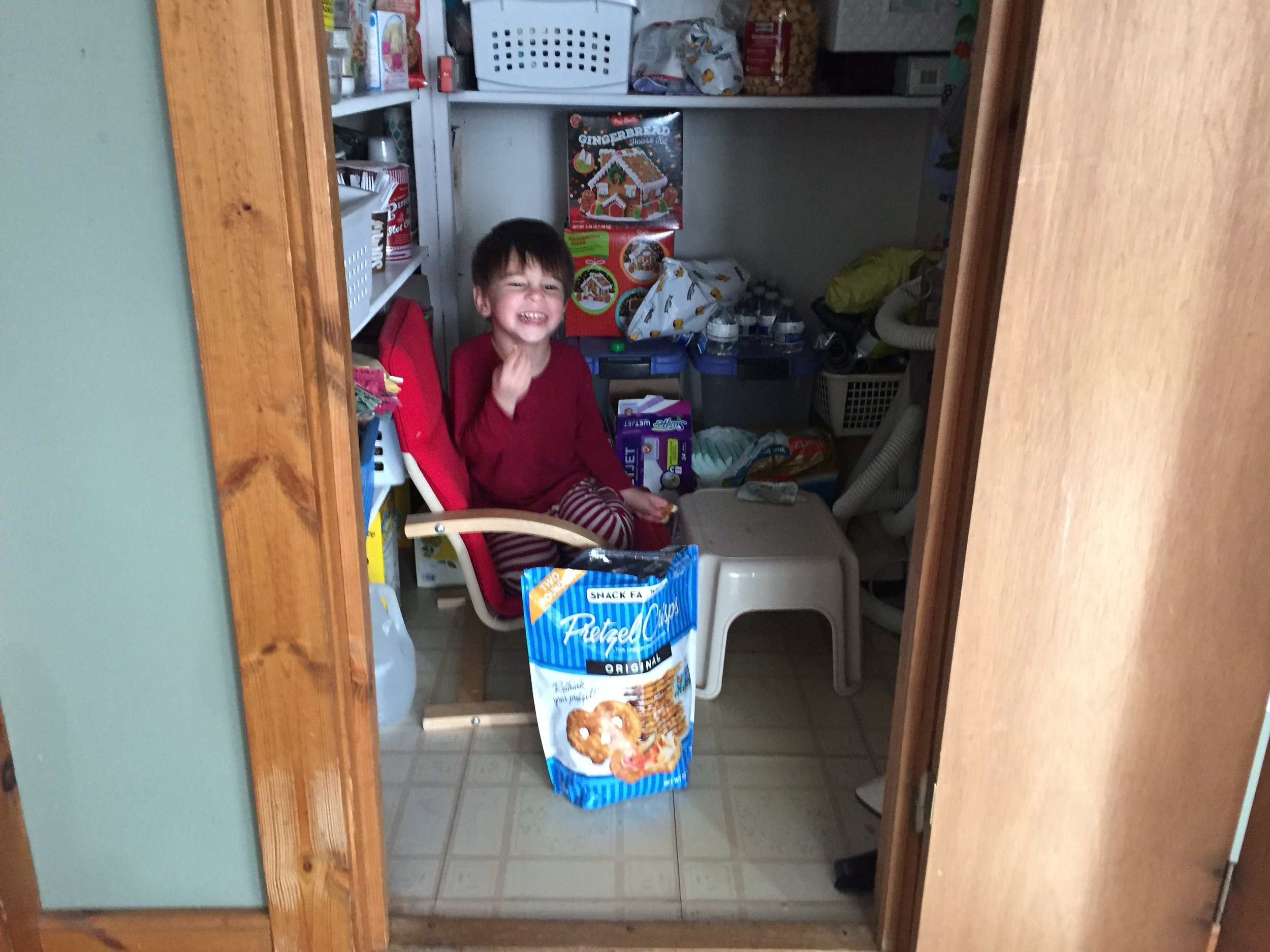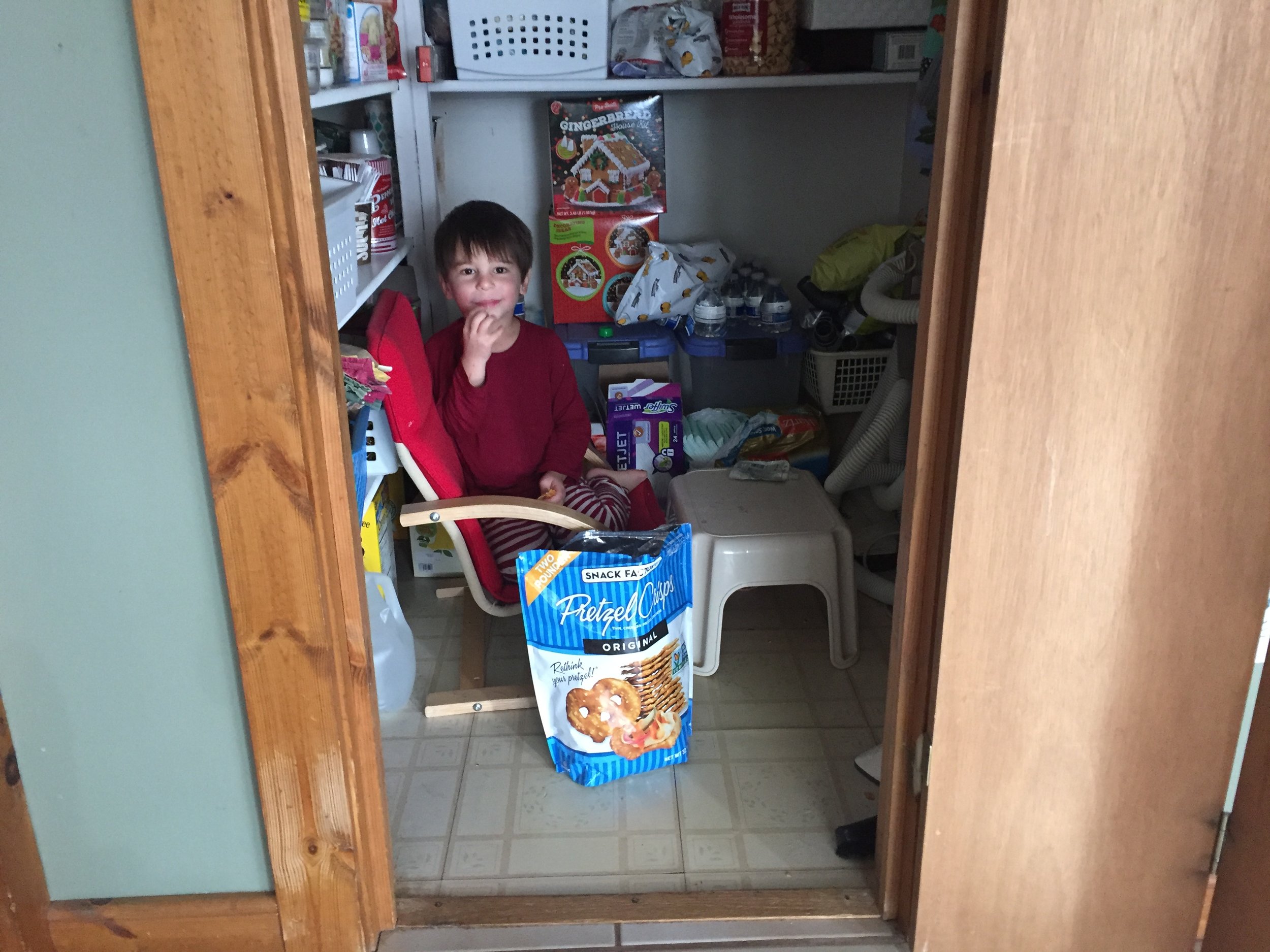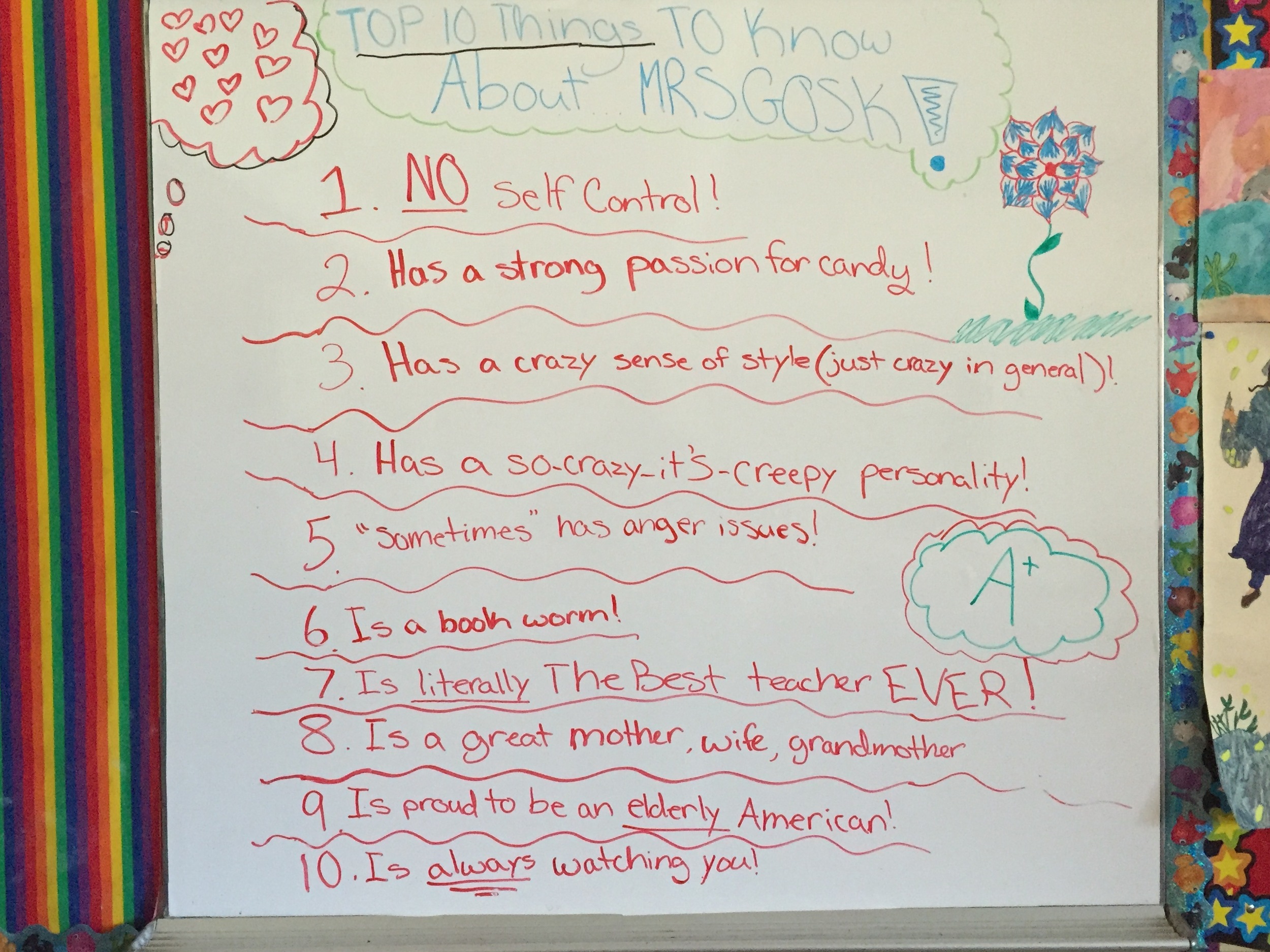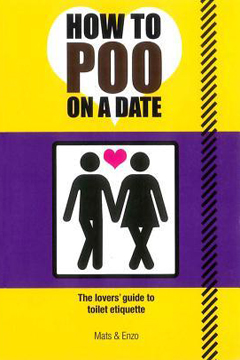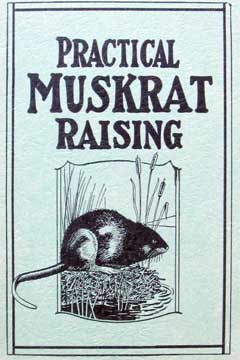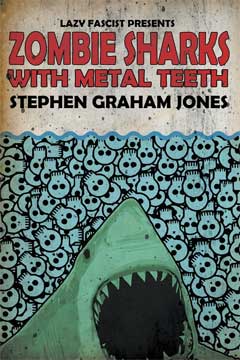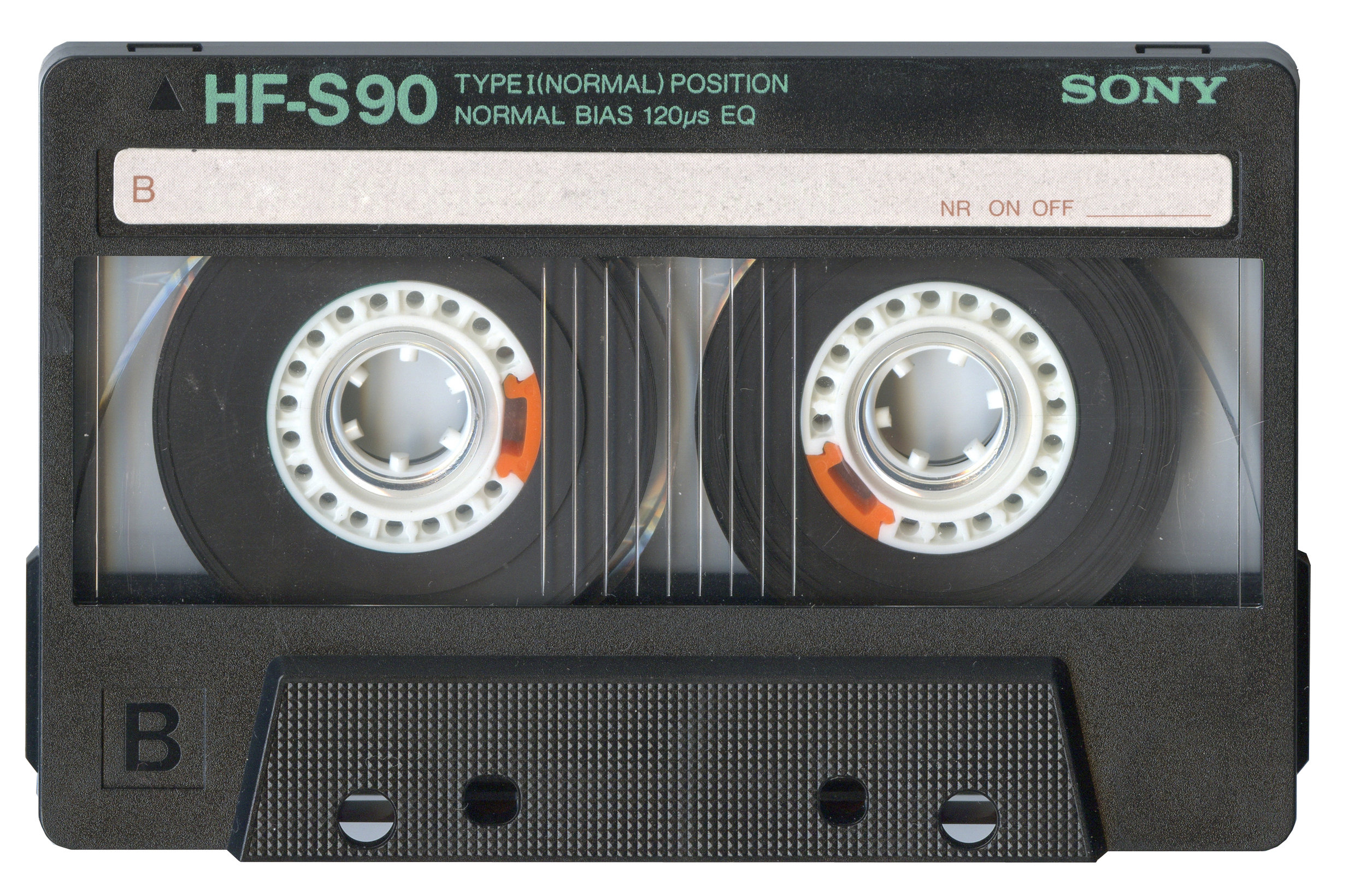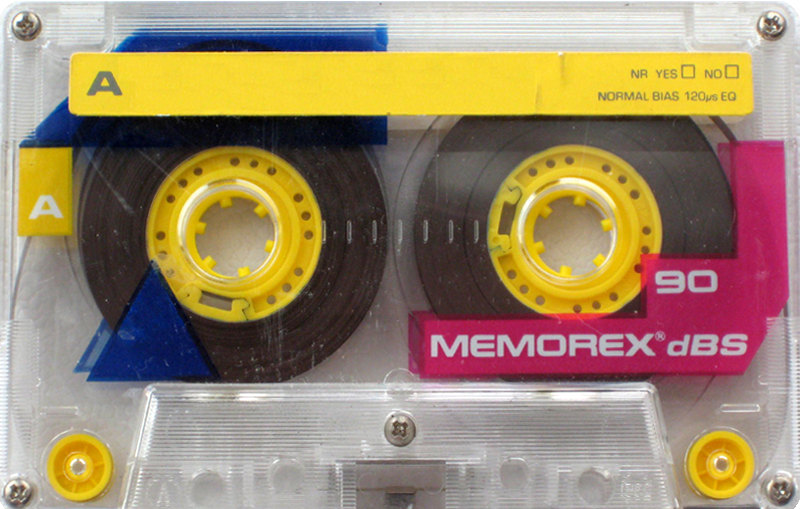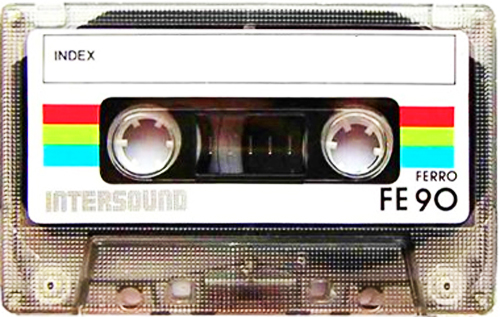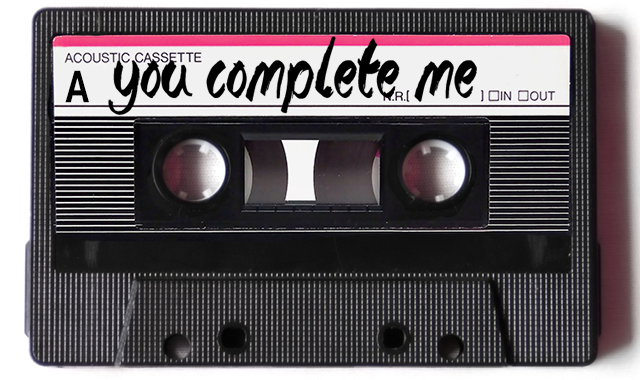For 17 years, I worked alongside Mrs. Gosk, the real life version of the teacher from Memoirs of an Imaginary Friend. Donna retired from teaching last June, and not a day has gone by this year that I haven't walked in the direction of her old classroom, anxious to ask her a question or tell her some new idea.
Then I remember that she's gone - probably playing golf - and a part of me dies all over again.
Donna was old enough to be my mother. In fact, I'm the same age as her middle daughter. Yet throughout my teacher career, I counted Donna as my best friend and closest confidant. The 30 years that separated us in age felt more like 30 minutes.
Donna taught me how to stay out of trouble early in my career, and then she and I got into lots of trouble together later on. Like me, Donna was not a rule follower. Not afraid of a little trouble. She was a nonconformist. A teacher who knew what needed to be done and did it regardless of the current swing of the academic pendulum or latest administrative whim.
Donna taught children to love to read. This was her greatest gift. Her super power. The thing she did that changed the future for so many kids. Changed the world, really.
Then she taught me how to get my kids to love reading.
Donna taught children to be good citizens. She taught them about John and Abigail Adams and quoted both often. She read then The Witch of Blackbird Pond and beseeched her colleagues to do the same. She insisted that students sit up straight and speak in a clear voice. She marched through her classroom with a meter stick, claiming it was her "meter beater" and threatening children who did not behave.
Adult occasionally cringed at these antics, but these were adults who didn't understand children. Students loved Mrs. Gosk. They revered her. They never thought for a minute that she would strike them with her stick. They understood and appreciated the value of theater, bluster, and outrageous humor.
Donna and I taught poetry together for years. We took children on field trips and into the woods for days at a time. We golfed together. Read books together. Laughed together.
We stood together on 9/11. We propped each other up on the morning of Newtown. We held each other when each of us lost parents. Donna stood beside me like a rock when evil people tried to take away my teaching career. We watched so many good friends come and go, leaving to raise babies, take on new challenges, or breathe easy in retirement.
We mourned the loss of these dear friends and marshaled on.
Donna used to call teaching "life on the aircraft carrier." It was a good analogy. A school is like a universe to the people who work within its walls. It possesses its own culture. Its own norms. Its own way of being. In many ways, the brick and stone of the schoolhouse wall insulates its occupants from the rest of the world. Buildings fall and the world changes forever, but on the aircraft carrier, subtraction lessons and science experiments continue like nothing has happened. Colorful books are read to small children in cheery voices. The recess bell rings. Lunches are served. Allegiance is pledged to the flag. As the world outside flails and wails and sometimes falters, the hallways of a school continue to ring with the sound of laughter and learning.
Donna stepped off the aircraft carrier last June, and it hasn't been the same for me ever since. She is one of a growing list of teachers who I have loved who are no longer sailing with me. The list includes my wife and some of my closest, dearest, most respected friends, but the one who I worked with on a constant, daily basis for 17 years was Donna.
Donna was one of the best teachers who I have ever known. This is not to say she was not without her flaws. She was never on time for anything. She spent most of field day in a lawn chair. She could not be bothered to learn new technologies. She has a hard time not laughing when she was being scolded. She had little time for parents. She sometimes misjudged the sharpness of her tongue. She may have smacked a principal once in a angry fit.
But she was one of the finest teachers in the land. She was a teacher who children clamored to have and parents prayed to get. She earned every bit of her retirement, but children have suffered with the loss of Donna from the teaching ranks.
I suffer.
Teachers like Donna are irreplaceable. Their loss is a goddamn tragedy. They move onto a life of ease and leisure and leave us behind a little less whole. A little less prepared for each day. A little bewildered by the idea that someone so good at teaching little children will no longer be teaching anymore.
I miss my friend. I have a picture of her on my desk. She is standing in a field, her fist raised defiantly. I look at it many times during the day. I speak to it. Raise my fist in return. Move on because that is what Donna would tell me to do.
Still, nothing has been the same without her.


